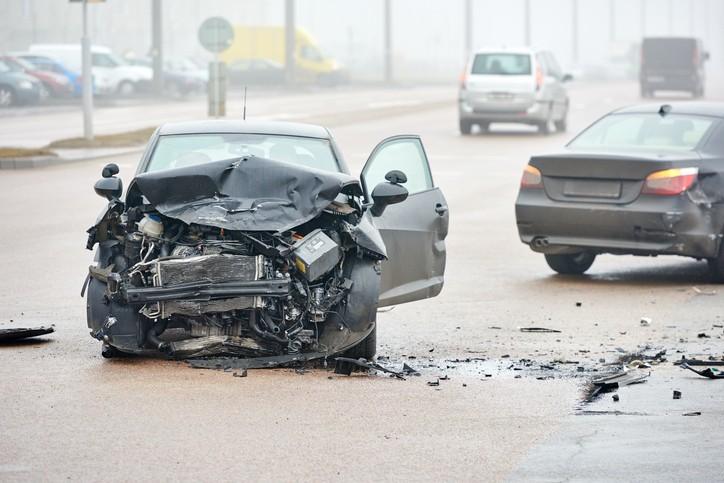Get Our Insider to Property Damage Brochure

Common Internal Injuries Caused by North Carolina Vehicle Collisions
April 29, 2024At Dewey, Ramsay & Hunt, P.A., our Charlotte car accident attorneys know some internal injuries may not present immediate symptoms after a North Carolina vehicle collision. Adrenaline and shock can mask pain and other signs of injury initially, leading individuals to underestimate the severity of their condition.
However, internal injuries from a car accident can be dangerous due to their potential to worsen over time, lead to life-threatening complications, and impact physical and emotional well-being.
Here, we discuss some of the most common internal injuries to look for after a car accident, even if the crash seems minor on the surface.
Severe Internal Injuries Can Result from Crashes in North Carolina
Internal injuries can vary in severity depending on factors such as the speed of the vehicles involved, the angle of impact, the use of seat belts and airbags, and the overall health and physical condition of the individuals involved in the collision.
Prompt medical evaluation and treatment are essential to prevent complications and improve outcomes for those injured in vehicle collisions.
Some of the most common hidden internal injuries that can occur during car crashes in North Carolina include, but are not limited to:
These can range from mild concussions to severe brain trauma. They occur when the head is struck or jolted forcefully, often leading to bruising, bleeding, or tearing of brain tissue.
Damage to the spinal cord can result in partial or complete paralysis, depending on the severity and location of the injury. SCI can cause lifelong disabilities and require extensive medical treatment and rehabilitation.
- Organ Damage
Vehicle collisions can cause damage to internal organs, including the liver, spleen, kidneys, and lungs. Blunt force trauma from the impact or penetration by objects within the vehicle can result in lacerations, contusions, or internal bleeding.
- Fractured Ribs and Chest Injuries
The chest area is particularly vulnerable to collisions. Fractured ribs, collapsed lungs, and injuries to the heart and other thoracic organs can occur due to the impact of the crash or from being struck by objects within the vehicle.
- Abdominal Injuries
Blunt trauma to the abdomen can cause injuries to the intestines, liver, spleen, and other abdominal organs. These injuries may result in internal bleeding, perforations, or organ dysfunction.
- Pelvic Injuries
The pelvis can sustain fractures or dislocations in high-impact collisions, particularly in side-impact or rollover accidents. Pelvic injuries can be severe and may require surgical intervention to repair.
- Internal Bleeding
Blunt force trauma or penetrating injuries can cause internal bleeding, which may not be immediately apparent but can be life-threatening if not promptly diagnosed and treated.
Muscles, tendons, ligaments, and other soft tissues can be stretched, torn, or bruised in a collision, leading to pain, swelling, and limited mobility.
For some individuals, these internal injuries from a car accident can lead to delayed complications such as infection, blood clots, and nerve damage. Without proper medical care and follow-up, these complications can exacerbate existing injuries and impair recovery.
Have You Been Injured in a North Carolina Car Accident?
If you were injured in a car accident caused by negligence in North Carolina, seeking prompt medical evaluation and treatment following a car accident is essential for identifying and addressing hidden injuries to prevent further harm and promote recovery.
After you understand your injuries and have a treatment plan in place, our personal injury attorneys in Charlotte at Dewey, Ramsay & Hunt want to hear your story during a free consultation by calling (704)-377-3737 or contacting us online.
We provide unique legal services tailored to each client’s needs and do not get paid unless you do.
Your Injury, Our Fight. How can we help you take a stand?
Because every case is different, the description of awards and issues previously managed by our law firm does not guarantee a similar outcome in current or future cases.

